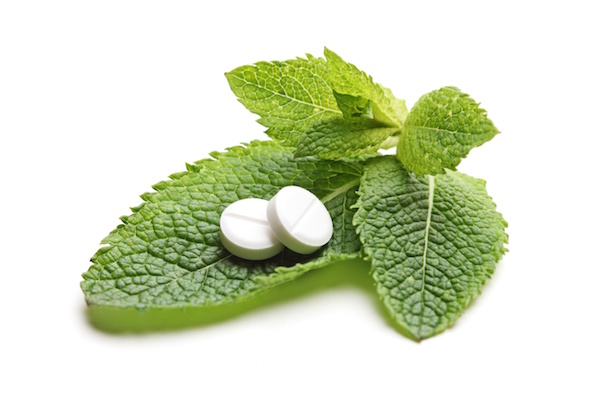
MONDAY, Oct. 8 (HealthDay News) — Mothers who are strict with their teen children also influence the behavior of their teens’ friends, a new study suggests.
In fact, the researchers found, the friends were 40 percent less likely to get drunk, 38 percent less likely to binge drink, 39 percent less likely to smoke and 43 percent less likely to smoke marijuana, compared with friends of teens whose mothers were less strict.
“Authoritative parenting — using a style that balances warmth and communication with appropriate control and supervision — is not only associated with reduced substance abuse in our own children, but it is also associated with reduced substance abuse in our own children’s friends,” said lead researcher Holly Shakya, a postdoctoral research fellow with the Gates Foundation Social Networks Project at the University of California, San Diego School of Medicine.
“We also find that some of the effect may be spreading through the adolescent social network — parents’ behaviors affect their children, and that effect spreads to their friends,” she added.
“So, good parents may be helping both their own children and the friends of their children. Thus, the benefits of parenting interventions may be multiplied throughout the community beyond parent to child,” Shakya said.
The report was published Oct. 8 in the online edition of the Archives of Pediatric and Adolescent Medicine.
To reach their conclusions, Shakya’s team analyzed data from several years of the National Longitudinal Study of Adolescent Health study, which is an ongoing study of teen behavior across the United States.
An authoritative parenting style “appears to create the most optimal long-term benefits for adolescents, including: academic success, positive peer relationships, minimal delinquent behavior and reduced likelihood of having delinquent peer networks, risk avoidance and positive psychosocial adjustment, including higher levels of well-being,” said Simon Rego, director of psychology training at Montefiore Medical Center/Albert Einstein College of Medicine in New York City.
Another expert, Bruce Goldman, director of Substance Abuse Services at Zucker Hillside Hospital in Glen Oaks, N.Y., put it this way: The results of this study should be encouraging to parents “who sometimes feel out of control and that they have no influence at all — in fact, that’s not true.”
In addition, Rego said, adolescents appear to be influenced by more than just their peers and family members when it comes to substance abuse. The parenting practices of their friends’ parents play a role in their substance abuse outcomes as well, he added.
“We may need to change the concept of parenting to include the indirect effects of the adolescent’s friends’ parents,” he said.
Goldman also pointed out that troubled teens often seek out other teens who come from stable homes. “That can help these youths avoid negative outcomes,” he said.
More information
For more on teen parenting, visit the Nemours Foundation .

